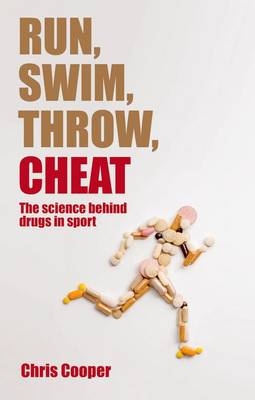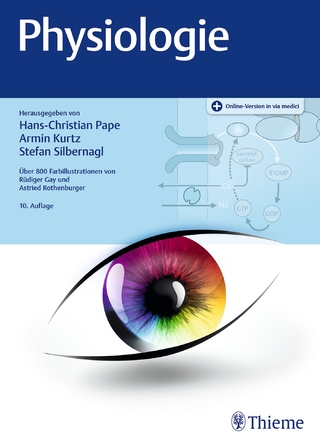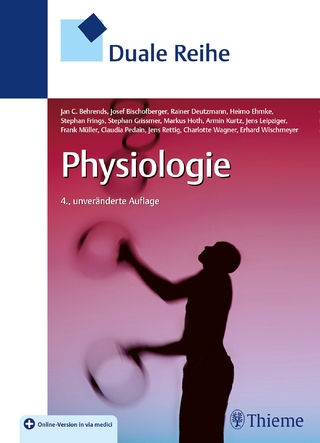
Run, Swim, Throw, Cheat
Oxford University Press (Verlag)
978-0-19-958146-7 (ISBN)
- Titel ist leider vergriffen;
keine Neuauflage - Artikel merken
Drugs in sport are big news and the use of performance-enhancing drugs in sport is common. Here, Chris Cooper, a top biochemist at the University of Essex, looks at the science behind drugs in sport. Using the performance of top athletes, Cooper begins by outlining the limits of human performance. Showing the basic problems of human biochemistry, physiology, and anatomy, he looks at what stops us running faster, throwing longer, or jumping higher. Using these evidence-based arguments he shows what the body can, and cannot, do. There is much curiosity about why certain substances are used, how they are detected, and whether they truly have an effect on the body. Cooper explains how these drugs work and the challenges of testing for them, putting in to context whether the 'doping' methods of choice are worth the risk or the effort. Exploring the moral, political, and ethical issues involved in controlling drug use, Cooper addresses questions such as 'What is cheating?', 'What compounds are legal and why?', 'Why do the classification systems change all the time?', and 'Should all chemicals be legal, and what effect would this have on sport?'.
Looking forward, he examines the recent work to study the physical limitations of rat and mice behaviour. He shows that, remarkably, simple genetic experiments producing 'supermice' suggest that there may be ways of improving human performance too, raising ethical and moral questions for the future of sport.
Chris Cooper is a distinguished biochemist with over 20 years research and teaching experience. He was awarded a PhD in 1989, a Medical Research Council Fellowship in 1992, and a Wellcome Trust University Award in 1995. In 1997 he was awarded the Melvin H. Knisely Award for 'Outstanding international achievements in research related to oxygen transport to tissue' and in 1999 he was promoted to a Professorship in the Centre for Sports and Exercise Science at the University of Essex. His research interests explore the interface of scientific disciplines. His current biochemical interests include developing artificial blood to replace red cell transfusions. His biophysics and engineering skills are being used in designing and testing new portable oxygen monitoring devices to aid UK athletes in their training for the London 2012 Olympics. In 1997 he edited a book entitled Drugs and Ergogenic Aids to Improve Sport Performance.
Prologue: A tale of two races ; 1. Introduction ; 2. The limits of human performance ; 3. Stoking the fires of life: food ; 4. Stoking the fires of life: oxygen ; 5. Muscling up ; 6. Steroids and beyond... ; 7. Stimulants ; 8. Genetic doping ; 9. Catching the cheats: why? ; 10. Catching the cheats: how? ; 11. Conclusions
| Erscheint lt. Verlag | 1.5.2012 |
|---|---|
| Verlagsort | Oxford |
| Sprache | englisch |
| Gewicht | 502 g |
| Themenwelt | Sachbuch/Ratgeber ► Natur / Technik |
| Sachbuch/Ratgeber ► Sport | |
| Medizin / Pharmazie ► Medizinische Fachgebiete ► Sportmedizin | |
| Studium ► 1. Studienabschnitt (Vorklinik) ► Physiologie | |
| ISBN-10 | 0-19-958146-0 / 0199581460 |
| ISBN-13 | 978-0-19-958146-7 / 9780199581467 |
| Zustand | Neuware |
| Haben Sie eine Frage zum Produkt? |
aus dem Bereich


